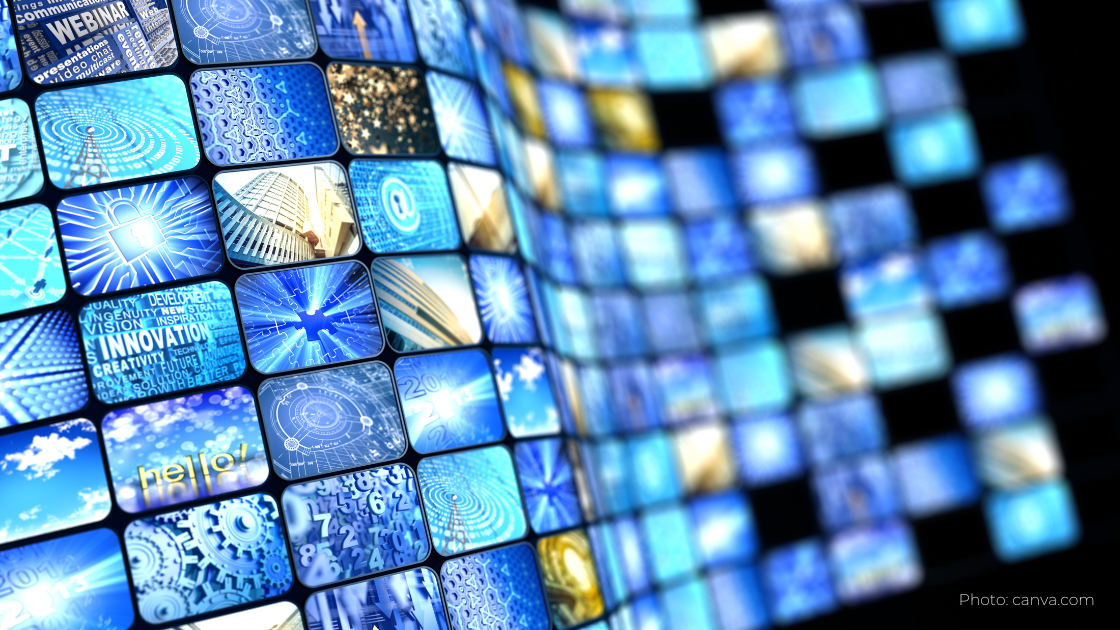I feel a lot of energy from people, places, and things, and it provokes emotions that feel like too much. At times I want to stop noticing so many feelings and numb out. In those moments, I open Instagram and scroll until the numbing is overwhelming, and I realize that I like feeling and don’t want to be taken over by a machine.
When I numb out on a screen, whether it’s through texting or scrolling of any kind, my brain becomes less capable of managing simple daily tasks. I take things more personally. I tend to be reactive and crave distraction. My sense of self dissolves into insecurities, I craft arguments against myself, I become easily distracted by negative narrative in my mind, and I build stories of my worthlessness.
When I use technology to produce work, to do things that are required in my job, or for communicating and connecting, I feel productive and inspired. When I use technology as a form of entertainment, it disrupts my mental health and my capacity to maintain healthy relationships with others. It’s taking way more self control these days not to pick up my phone and scroll or text.
What if we were to stop noticing how technology does this to us, how it can ‘use’ us? This is not a new concept, but we need to put more thought into these questions.
For those of us who grew up without screens and cell phones, we have memories of how free it felt to not be controlled by those distractions. We remember what it’s like to craft, create, explore, be alone, or wonder without needing anything else to focus our attention on or feeling like we have to document our lives to feel relevant.
More and more, our younger generations are living without knowing how to use their minds without screens. More and more, we’re losing the capacity to think critically about the effects of screens on our health. It’s not that all screens are bad for us, it’s how the screens are used and for what purpose.
I have an awareness of our cellular vibrations, and I’ve been exploring something called ‘molecular cellular vibrations’ — the frequency at which humans vibrate at universal attunement. It’s possible that these frequencies establish planetary health, perhaps the health of civilization. AI and technology also operate at a frequency, but one that is different from the human frequency. It’s possible that it’s attempting to interfere with the frequency of humans. I’m not saying this to create fear; I’m suggesting this as a reminder that we should consider critical thinking as a priority for our minds. The ability to explore how all things, including technology, are affecting us is something we need to be aware of.
Could we prioritize our mental health and structure health care in a way that offers emotional health checks, like we do at the doctor’s office for physical health? Could we identify earlier on when we’re trending towards problematic emotional health and offer solutions to mitigate health struggles? I imagine that it could/will take a long time to become reality, but in the meantime, we should make our cognitive health a priority
If we paid attention to where our attention was going, and if we did it as a collective(meaning if we could figure out how to tap into the frequency through meditation or breathwork, as examples) could we continue to pulse consciousness in ways that can’t be interfered with by AI?
If we are aware of our own weaknesses around technology, we could tune into these frequencies and moderate them to shift and perhaps code them, like building a firewall around our minds.
It’s possible that AI, screentime, and smartphones are disrupting kids’ future capacity to access this information, thereby affecting the health of future generations. It’s possible that many forms of technology could be considered pathogens.
There’s strength in numbers, specifically by people who are driven by planetary consciousness, the health of humankind, and altruism. It requires each of us to focus on bigger picture things. . We need to focus on each other, not in comparison but in a way that recognizes everyone has the potential to offer something and that we can all do small things to create a big impact.

